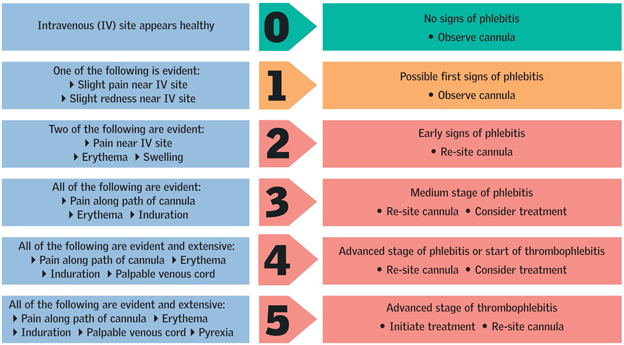2024 DEMENTIA & MUSIC : OSCE EVIDENCE-BASED PRACTICE
2024 DEMENTIA & MUSIC : OSCE EVIDENCE-BASED PRACTICE
Dementia is a progressive neurological disorder that affects memory, thinking, behavior, and the ability to perform everyday activities. Music therapy has emerged as a promising intervention to improve the quality of life for individuals with dementia. This blog will explore the 2024 guidelines for the Objective Structured Clinical Examination (OSCE) focusing on evidence-based practices for using music therapy in dementia care.
Understanding Dementia
Dementia encompasses a range of conditions characterized by cognitive decline, with Alzheimer’s disease being the most common type. Symptoms include memory loss, confusion, difficulty with communication, and changes in mood and behavior. As the disease progresses, individuals require increasing levels of care and support.
The Role of OSCE in Dementia Care
The OSCE is a practical exam used to assess the clinical skills of healthcare professionals. For dementia care, the OSCE ensures that practitioners can apply evidence-based practices effectively. The exam typically includes scenarios that test your ability to assess, plan, implement, and evaluate interventions for individuals with dementia.
Evidence-Based Practices for Music Therapy in Dementia
- Cognitive Benefits: Music therapy can stimulate cognitive function, helping to improve memory, attention, and executive function. Engaging with familiar music can evoke memories and enhance cognitive performance1.
- Emotional and Behavioral Benefits: Music has the power to evoke emotions and reduce agitation, anxiety, and depression in individuals with dementia. It can also improve mood and promote relaxation2.
- Social Interaction: Group music therapy sessions can enhance social interaction and communication among individuals with dementia. Singing, playing instruments, and listening to music together can foster a sense of community and belonging3.
- Physical Benefits: Music therapy can encourage physical movement, such as dancing or clapping, which can improve motor skills and overall physical health4.
- Personalized Approach: Tailoring music therapy to the individual’s preferences and history is crucial. Personalized playlists of favorite songs or genres can have a more significant impact on the individual’s well-being5.
Implementing Music Therapy
To implement music therapy effectively:
- Assessment: Evaluate the individual’s cognitive, emotional, and physical needs, as well as their musical preferences.
- Planning: Develop a personalized music therapy plan that includes specific goals and interventions.
- Implementation: Conduct music therapy sessions, either individually or in groups, using a variety of musical activities.
- Evaluation: Regularly assess the individual’s response to music therapy and adjust the plan as needed to achieve the desired outcomes6.
Preparing for the OSCE
To excel in the OSCE, it is important to:
- Stay Updated: Keep abreast of the latest research and guidelines on music therapy for dementia.
- Practice Scenarios: Engage in mock OSCE scenarios to build confidence and improve your clinical skills.
- Reflect on Feedback: Use feedback from practice sessions to identify areas for improvement.
Conclusion
The 2024 OSCE for Dementia and Music Therapy emphasizes the importance of evidence-based practices in providing high-quality care. By understanding and applying these practices, healthcare professionals can significantly improve the quality of life for individuals with dementia.







